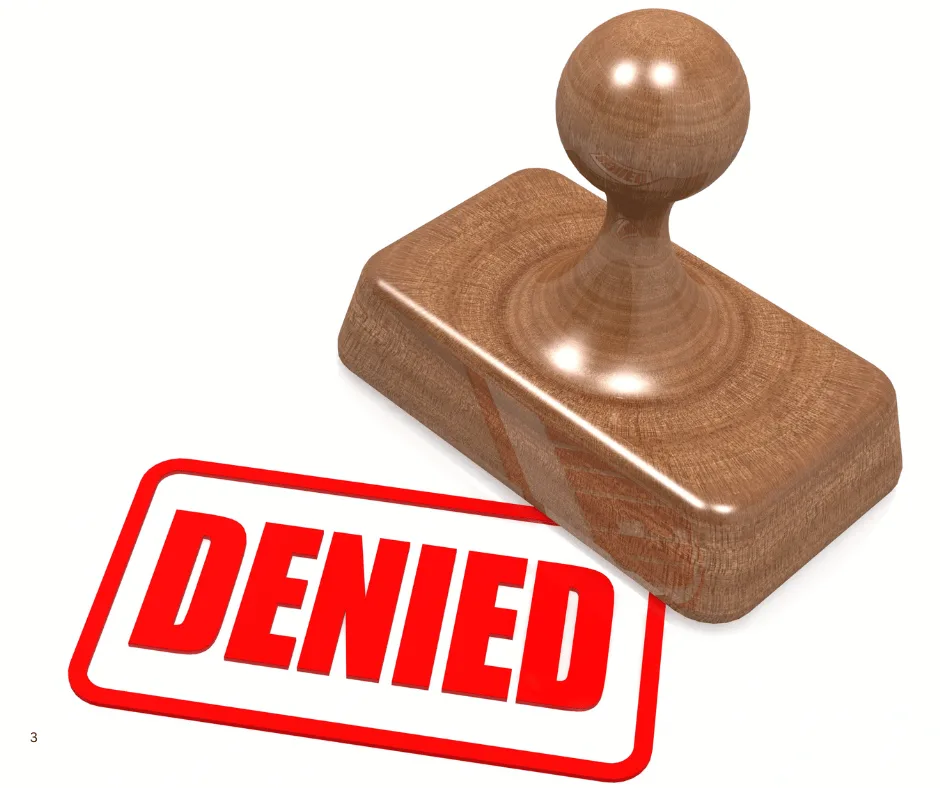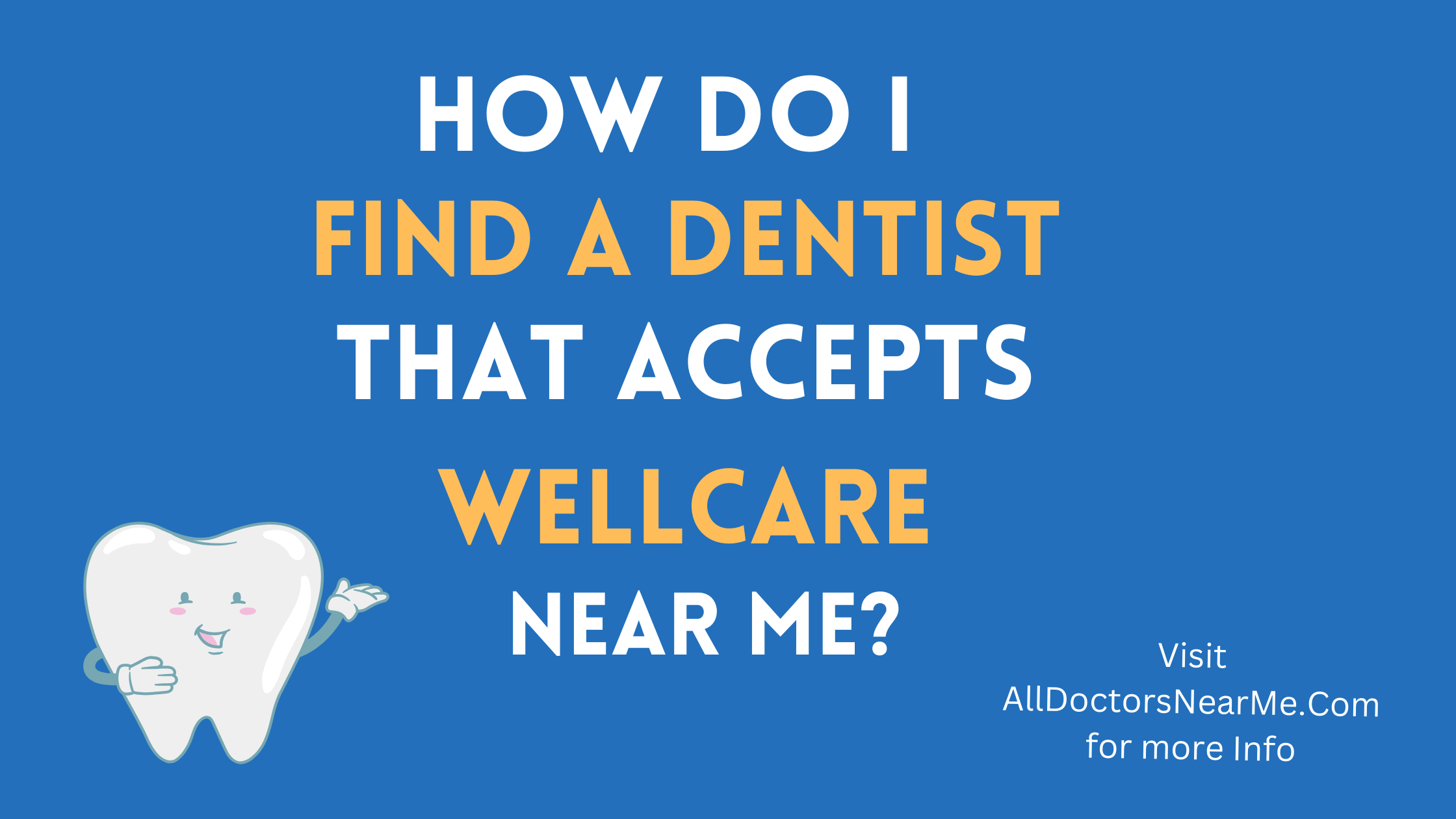
Imagine this: You’re sitting in a doctor’s office, clutching a diagnosis that turns your world upside down. But there’s hope. A breakthrough treatment exists—one that could save your life. Then comes the gut punch: your health insurance won’t cover it.
It sounds like a nightmare, but for thousands of people, it’s reality. From cancer immunotherapy to gene therapy for rare diseases, many life-saving treatments are left out of coverage, forcing patients into impossible situations.

Why Does Insurance Deny Life-Saving Treatments?
Insurance companies operate on a simple principle: minimize costs. They decide which treatments are “medically necessary” based on outdated policies, bureaucratic loopholes, and profit-driven motives. Here are the most common reasons claims get denied:
- “Experimental” Label — Even FDA-approved treatments like gene therapy or CAR-T cell therapy can be denied if insurers classify them as experimental.
- High Cost — Cutting-edge treatments, like sickle cell gene therapy ($2 million+), are rejected because of their price.
- Step Therapy Requirements — Some policies force patients to try and fail older, less effective treatments before approving advanced care.
- Out-of-Network Providers — If a hospital or specialist isn’t in-network, coverage can be denied outright.
- Medical Necessity Debate — Insurers may argue that a treatment isn’t essential, even when doctors insist it’s life-saving.

Real People, Real Struggles
These policies aren’t just frustrating—they’re deadly. Here are real cases that sparked public outrage:
- A five-year-old girl was denied a heart transplant by her insurer, forcing her family to crowdfund over $250,000.
- A cancer patient was told his immunotherapy wasn’t “proven effective” despite clinical success, leaving him no option but experimental trials.
- A mother fighting ALS was refused a new gene therapy because it “wasn’t standard care” yet, even though it could extend her life.
These stories went viral because they highlight a terrifying truth: anyone can be at risk.

What Can You Do If Your Claim Is Denied?
If you’re ever in this position, don’t take “no” for an answer. Here’s how to fight back:
- Appeal the Decision — 50% of insurance appeals succeed. Get your doctor to write a strong letter detailing why the treatment is necessary.
- Check State Laws — Some states have laws requiring insurers to cover certain life-saving treatments.
- File a Complaint — Report the insurer to your state’s insurance commission.
- Go Public — Many denials have been overturned after media attention or social media campaigns.
- Seek Legal Help — A healthcare attorney can help if you’re facing an unjust denial.
The Future of Health Insurance: Will This Ever Change?
Public pressure is mounting. More states are passing laws to regulate insurance denials. New legislation is being pushed to ensure that breakthrough treatments are accessible. But until the system changes, patients must be their own advocates.
If you or a loved one are ever faced with a denial, don’t give up. Fight for your right to life-saving care. And if you see an unfair case? Speak up. Share their story. Change only happens when people demand it.
Because no one should have to wonder: What if my insurance won’t save me?


